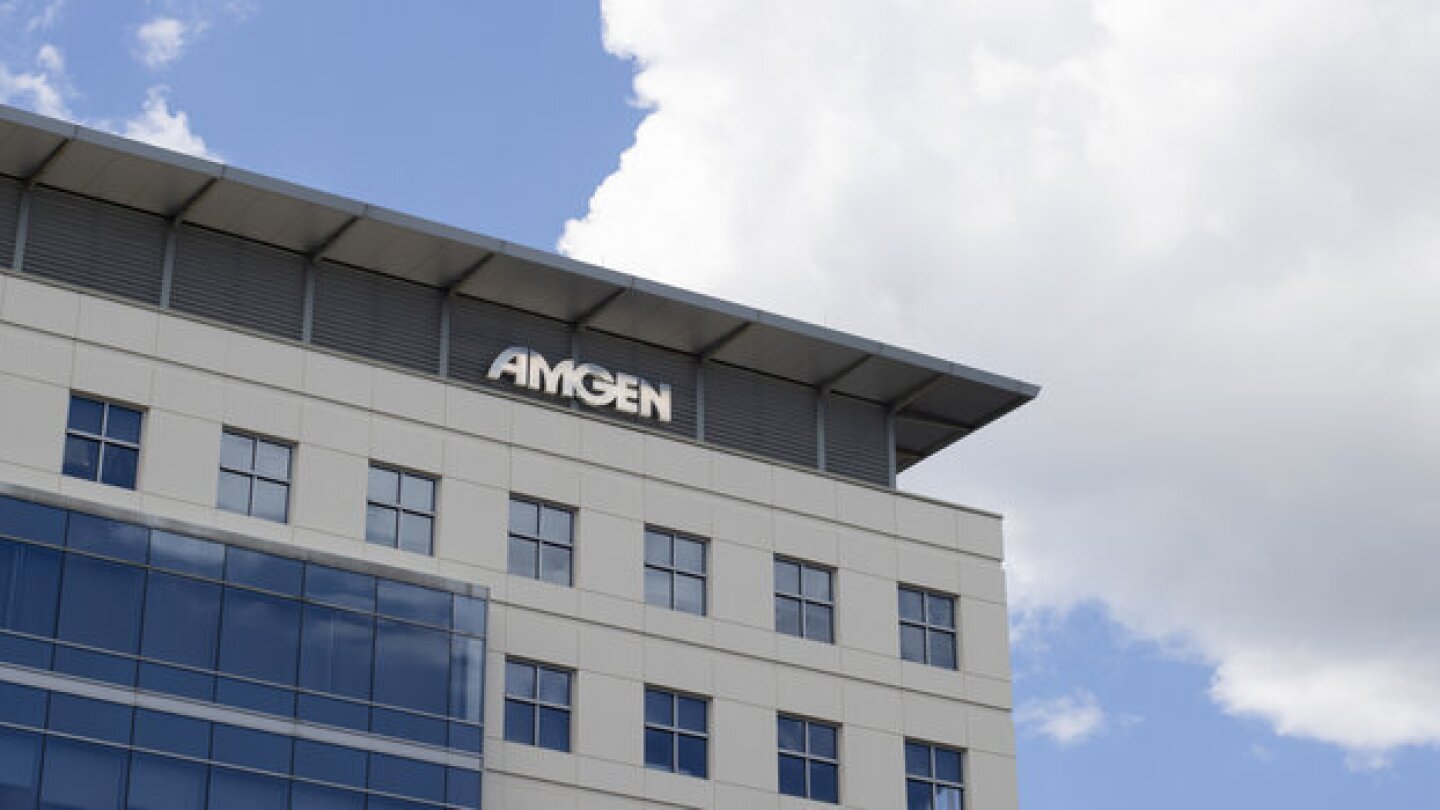Tax Tactics: Amgen's Bold Plan to Supercharge U.S. Manufacturing Without Tariff Walls

In a strategic move echoing the sentiments of pharmaceutical giants Eli Lilly and Johnson & Johnson, Amgen is advocating for a nuanced approach to bolstering domestic pharmaceutical manufacturing. Rather than relying on traditional trade barriers, the biotech company is proposing a more sophisticated solution: targeted tax policy reforms.
The pharmaceutical leader is urging the Trump administration to reconsider its current trade strategies, suggesting that strategic tax incentives could more effectively stimulate domestic drug production. By leveraging fiscal policy, Amgen believes the United States can create a more competitive and innovative pharmaceutical manufacturing landscape.
This collaborative approach demonstrates the industry's commitment to finding pragmatic solutions that balance economic growth, manufacturing resilience, and global competitiveness. Instead of confrontational tariffs, Amgen's proposal represents a more collaborative pathway to strengthening America's pharmaceutical supply chain.
